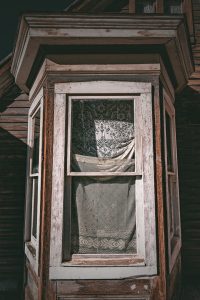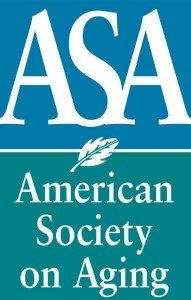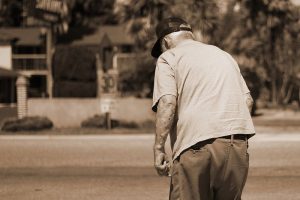 Could Carlsbad residents with dementia see improvement in their condition by using an app for iPhones or iPads? According to a recent article in U-T San Diego, “a brain training game played on an iPad improves memory for those in the earliest stages of dementia.” The article cites a recent study conducted by scientists in Britain and published in the International Journal of Neuropsychopharmacology. Many nursing home residents in Southern California who become victims of nursing home abuse also suffer from Alzheimer’s disease or another form of dementia. Could apps help to reduce some of the risks for elder abuse and neglect by improving conditions for dementia patients?
Could Carlsbad residents with dementia see improvement in their condition by using an app for iPhones or iPads? According to a recent article in U-T San Diego, “a brain training game played on an iPad improves memory for those in the earliest stages of dementia.” The article cites a recent study conducted by scientists in Britain and published in the International Journal of Neuropsychopharmacology. Many nursing home residents in Southern California who become victims of nursing home abuse also suffer from Alzheimer’s disease or another form of dementia. Could apps help to reduce some of the risks for elder abuse and neglect by improving conditions for dementia patients?
Study Addresses Episodic Memory
The study’s findings are particularly important in terms of episodic memory, which “is used to remember thing important for the day, but which can be forgotten after that.” For instance, a person might remember where she put her car keys or where she parked her car. The study introduced the memory exercise game app to 21 different people who have been diagnosed with amnestic mild cognitive impairment, in addition to 21 other individuals for control. This condition, amnestic mild cognitive impairment, often is “considered a transitional stage to actual dementia.” When a person has this condition, they experience “lapses of memory greater than typical with normal aging.”
 California Nursing Home Abuse Lawyer Blog
California Nursing Home Abuse Lawyer Blog
















